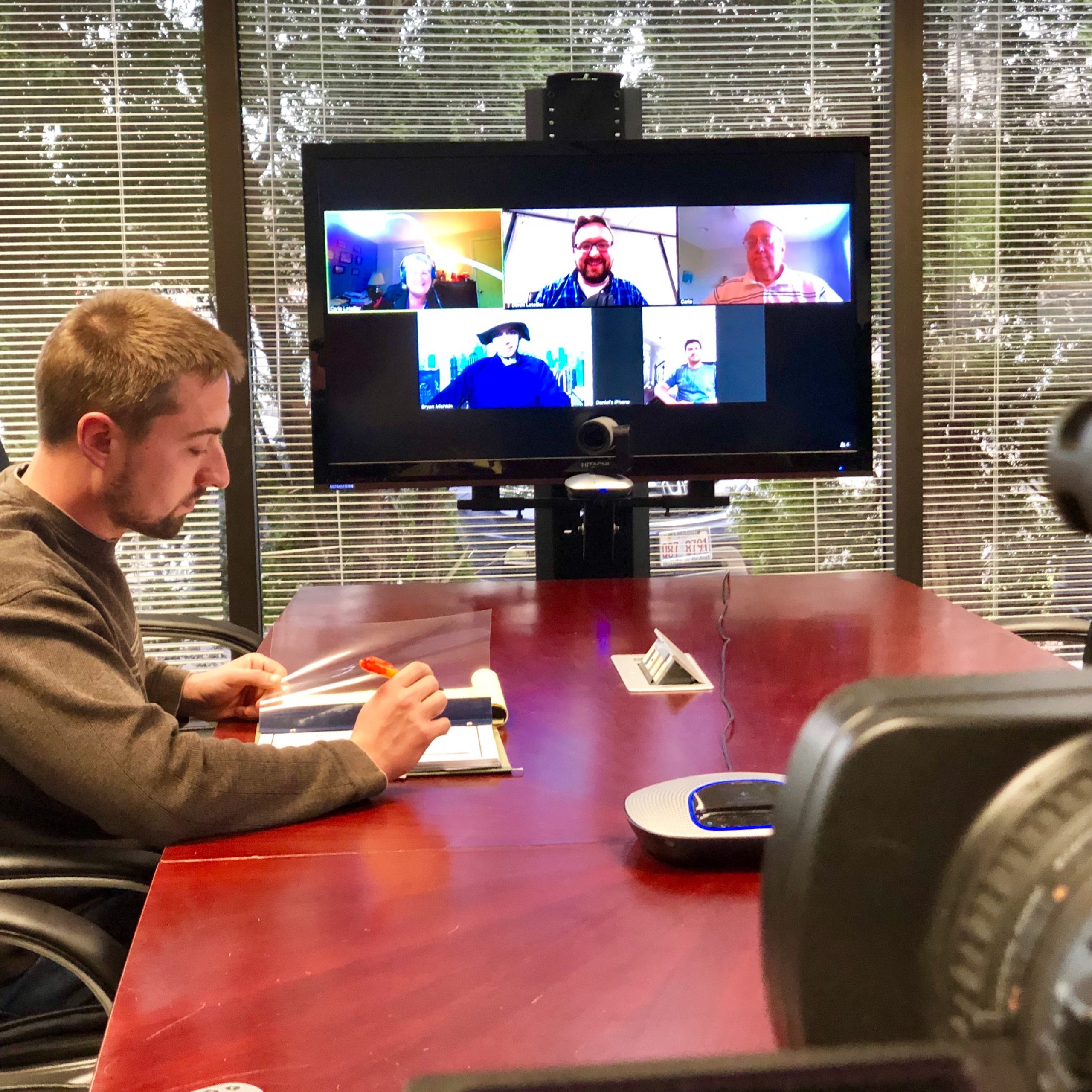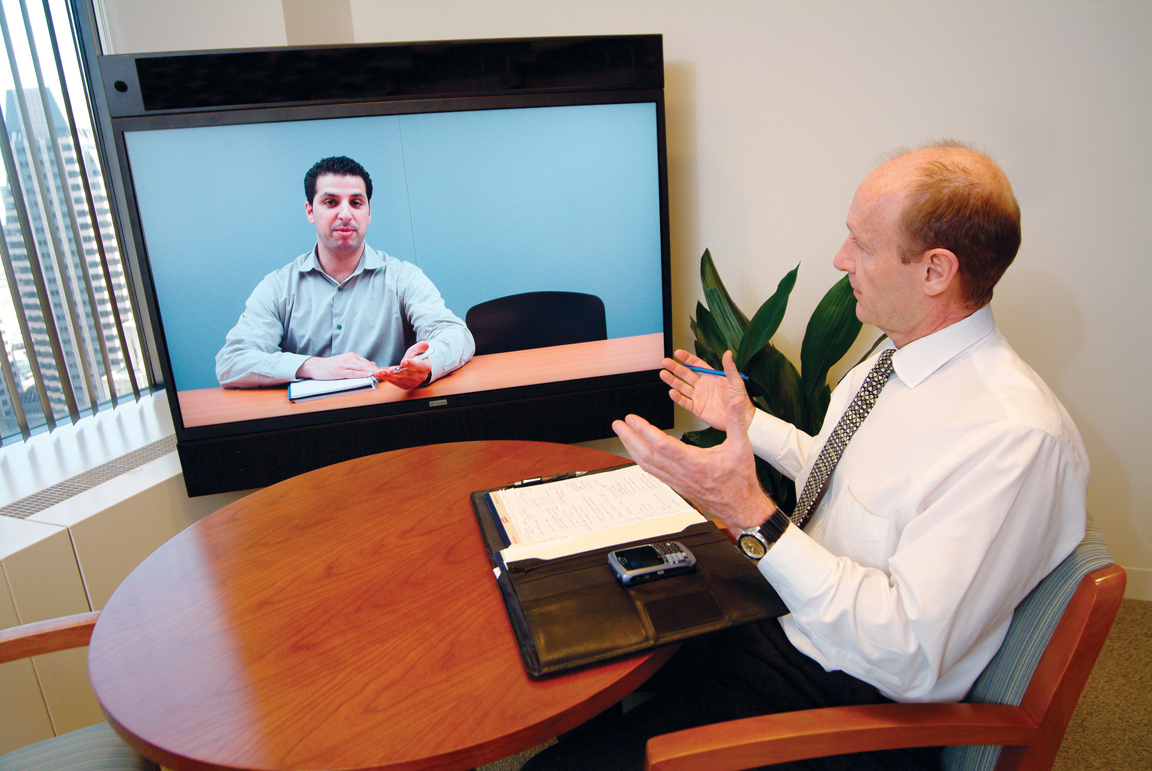Navigating the Future of Legal Process With Seamless Remote Depositions Solutions
The landscape of lawful proceedings is swiftly evolving, with remote depositions becoming a prominent feature in this change. As modern technology remains to development, the integration of smooth solutions for remote depositions has actually come to be vital for attorneys seeking reliable and affordable means to carry out depositions. Nonetheless, the path to fully welcoming this shift is not without its difficulties and factors to consider. By discovering the ins and outs of navigating the future of legal proceedings via smooth remote deposition remedies, a clearer understanding of the chances and intricacies that lie ahead can be obtained.
The Increase of Remote Depositions
This shift has been largely driven by the demand for flexibility, efficiency, and cost-effectiveness in legal process (REMOTE DEPOSITIONS). Remote depositions enable attorneys, witnesses, and court press reporters to participate from various locations, getting rid of the requirement for physical visibility in a certain deposition space.
Moreover, the innovations in video clip conferencing systems and electronic tools have actually boosted the overall experience of remote depositions, making certain clear audio-visual communication and safe and secure documents of testaments. Attorneys currently have the choice to effortlessly set up, document, and transcribe depositions easily, streamlining the whole procedure.
As technology continues to evolve, remote depositions are anticipated to become even a lot more prevalent in the lawful industry, supplying a practical and effective service for carrying out depositions in a busy and interconnected globe. (REMOTE DEPOSITIONS)
Advantages of Seamless Technology Assimilation
Exactly how does smooth technology assimilation enhance the effectiveness and effectiveness of remote depositions in the legal industry? Seamless technology combination plays an essential duty in improving remote depositions, using a myriad of advantages to lawyers. By perfectly incorporating innovation into the deposition process, attorneys can conduct depositions with ease, no matter the individuals' physical locations. This combination enables real-time communication, file sharing, and cooperation, cultivating a much more effective and effective deposition experience.
Moreover, seamless innovation assimilation enables safe and secure and reputable information transmission, ensuring that delicate details shared during depositions is secured. Advanced attributes such as virtual exhibitions, digital trademarks, and video conferencing improve the total effectiveness of remote depositions, imitating the in-person experience with added convenience. Furthermore, the assimilation of transcription solutions and AI-powered tools can even more enhance the deposition procedure, saving time and decreasing the margin of error.

Overcoming Difficulties in Virtual Proceedings
To efficiently navigate virtual process, attorneys have to attend to and get rid of different difficulties that develop in the digital atmosphere. One of the primary obstacles encountered in online process is making sure safe communication and data security. With delicate information being shared online, maintaining client confidentiality and stopping information violations is paramount. Additionally, technical difficulties such as poor web connection or audio/video problems can interrupt the flow of procedures and effect the high quality of interactions between participants. Lawyers must also adapt to the absence of physical visibility, which can prevent non-verbal signs and interaction nuances important in legal contexts. Maintaining involvement and emphasis in online settings can be testing for both lawful teams and witnesses, potentially influencing the performance of the procedures. To reduce these challenges, lawful experts ought to purchase reliable modern technology, develop clear protocols for digital process, offer training on virtual rules, and guarantee contingency strategies are in area to attend to technical concerns quickly. By proactively addressing these obstacles, lawful experts can enhance the performance and effectiveness of digital procedures.
Ensuring Safety And Security and Conformity Measures
In the realm of legal procedures, guarding security and guaranteeing conformity actions is of paramount significance for preserving depend on and upholding the integrity of the procedure. With the shift towards remote depositions, making sure the safety and privacy of delicate info traded during these proceedings is crucial. To achieve this, attorneys should utilize safeguard online systems that provide click here now end-to-end file encryption, protected accessibility controls, and compliance with sector regulations such as HIPAA and GDPR.

Future Trends in Legal Tech Assimilation
As the lawful landscape continues to evolve with remote deposition services emphasizing safety and compliance, the assimilation of advanced lawful technologies is positioned to shape future patterns in the lawful industry. AI-powered devices can assist in legal study, contract analysis, and also predicting situation outcomes based on historical information.
Moreover, cloud-based options are coming to be progressively preferred in the lawful industry. Cloud modern technology provides boosted flexibility, scalability, and availability, permitting attorneys to function collaboratively from anywhere with a net connection. This pattern not just boosts efficiency but likewise advertises cost-effectiveness by reducing the need for physical facilities and upkeep.
In addition, blockchain technology is making its way into legal tech combination, supplying secure and transparent ways to deal with sensitive info, enhance purchases, and validate the credibility of lawful documents. By embracing these future trends in legal tech integration, law firms can remain ahead of the curve, enhance client services, and adapt to the changing demands of the industry.
Conclusion
Finally, the integration of seamless remote deposition solutions has actually changed lawful process by supplying many advantages such as boosted effectiveness, cost-effectiveness, and ease of access. In spite of facing challenges in digital news process, innovations in innovation continue to deal with safety and security and compliance problems (REMOTE DEPOSITIONS). As the lawful market embraces more combination of innovation, future trends aim in the direction of a more structured and reliable legal procedure